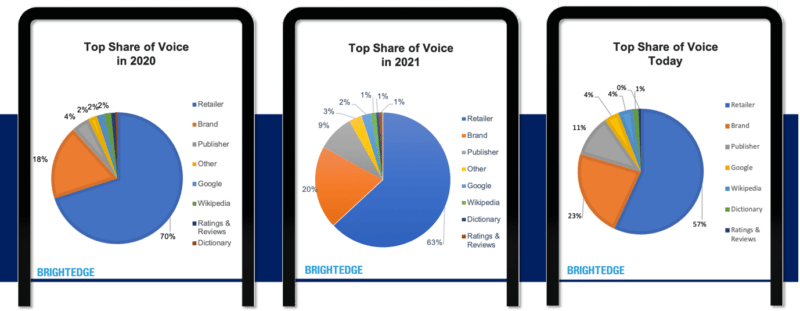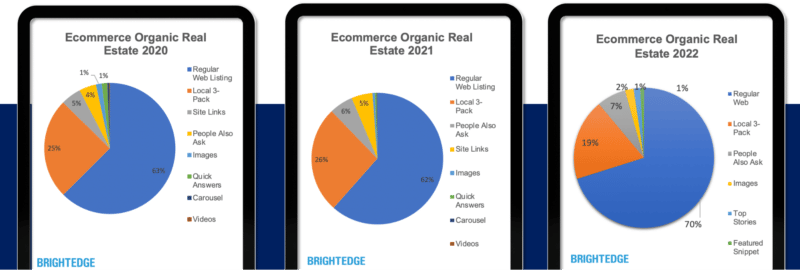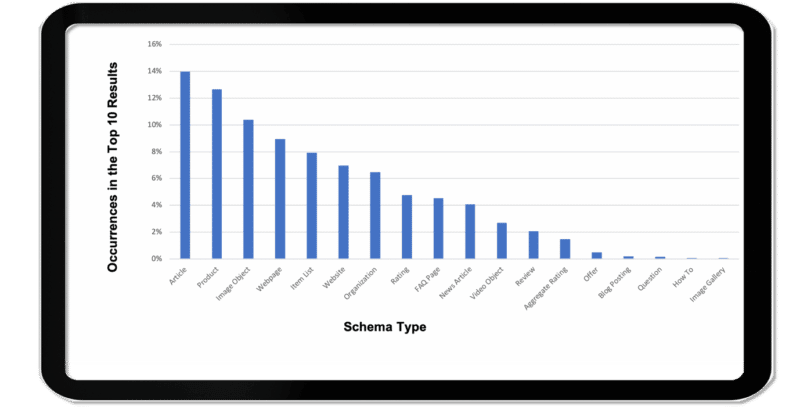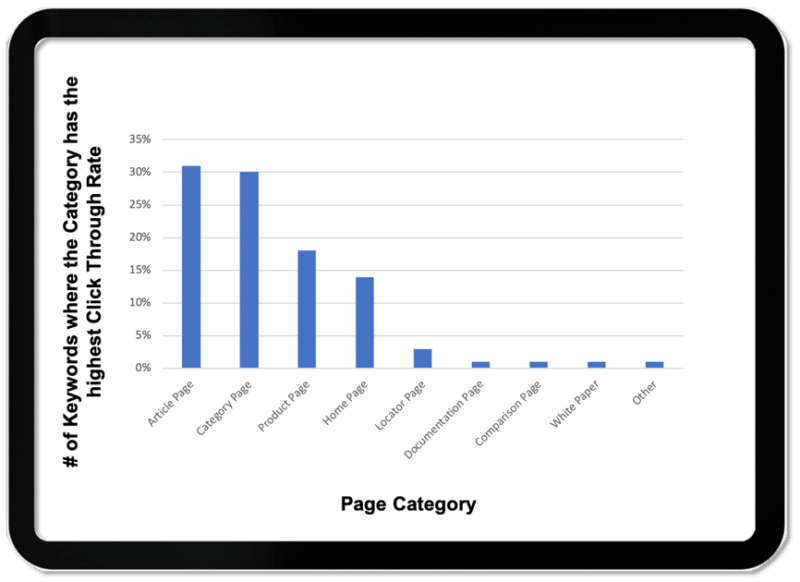
5 ecommerce SEO trends to know for the 2022 holidays
Last Updated on August 26, 2022 by Admin
[ad_1]
The all-important Q4 holiday shopping season is nearly here. SEO will once again be a critical channel for brands to increase their visibility and sales.
Ahead of the 2022 holidays, enterprise SEO platform BrightEdge has shared its latest research with Search Engine Land on what retailers, brands and publishers should know.
The insights are based on tracking 6,000 ecommerce keywords in 10 categories, which the company has been doing for the past three years.
Here’s what to know:
1. Brands and publishers are big competition for retailers. Retailers are no longer just competing for visibility with other retailers. Now they’re competing with brands that have adopted direct-to-consumer models. Plus, publishers that provide reviews and product overviews have made significant gains in Google’s search results.
For top ecommerce keywords:
- Retailers own 57%, down from 70% in 2020.
- Brands occupy 23%, up from 18% in 2020.
- Publishers have 11%, up from 4% in 2020.

2. Content-driven ecommerce. While it remains to be seen how impactful Google’s helpful content update will be, one thing is clear, according to BrightEdge: the time is now for retailers to differentiate their content so it will rank in search results. In other words, offer more than a product description.
Retailers that ultimately will win are those that will provide better content experiences. How? By:
- Focusing on content and context about the product.
- Organizing categories in ways that make it easy for the user to shop across multiple related products.
3. Blue links matter. There’s been a lot of discussion in the past decade or so about how Google is much more than 10 blue links. For key ecommerce terms, however, 70% of all clicks are going to those classic blue links, according to BrightEdge’s data.
It’s still common to find the local three-pack for ecommerce search terms on Google. However, the prominence of local packs has declined from 25% to 19% in the past two years. Also in decline: videos and image carousels. Meanwhile, People Also Ask has grown slightly.

4. Schema usage is growing. Schema is more aligned with shopping than ever this year. Brands, retailers and publishers are increasingly adopting various schema types to markup their content around shopping experiences, such as.
- Product
- ImageObject
- ItemList

5. Article and category pages dominate ecommerce. Category pages have the highest click-through rate 70% of the time. Also of note: articles about products have higher click-through rates than product pages themselves, according to BrightEdge.

Why we care. Google search – and the way people search – are always evolving. In ecommerce SEO, it’s critical to monitor what’s happening and understand what you can influence now for the upcoming holiday season, while always evolving your SEO strategy to provide the types of content and user experiences Google is likely to reward in the future.
New on Search Engine Land
[ad_2]
Source link





